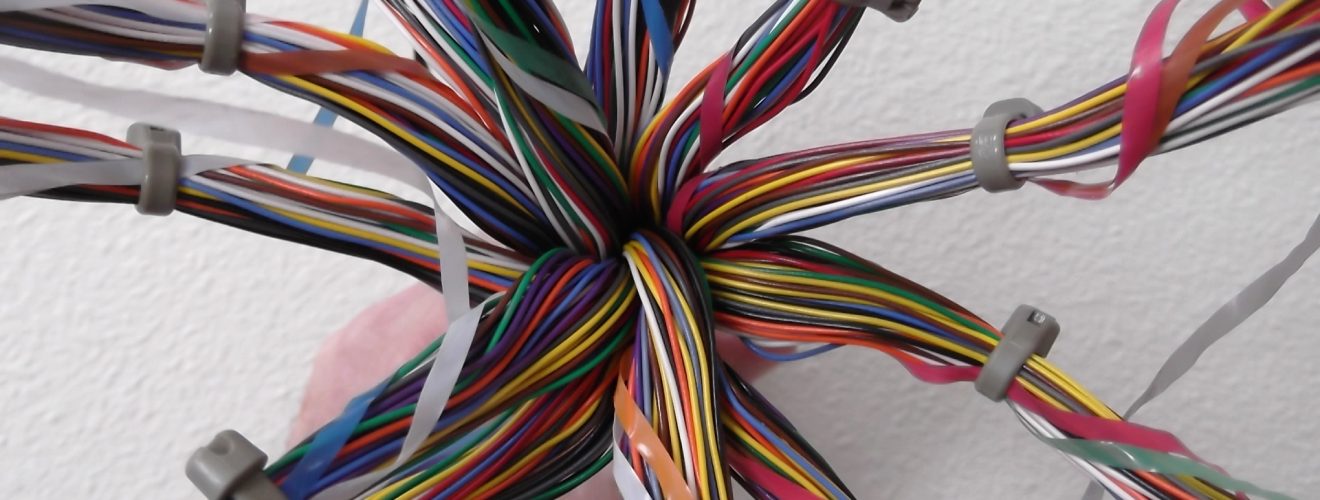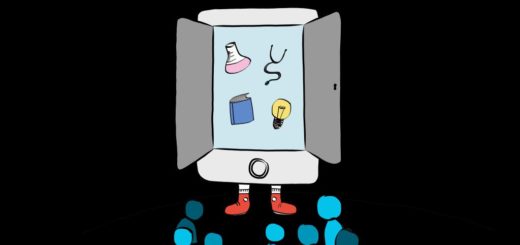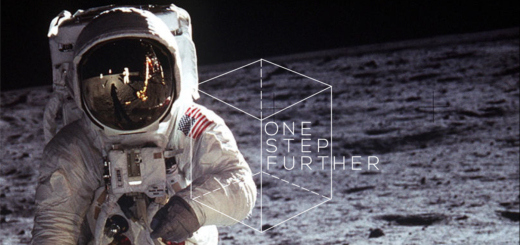Pint of Science Festival 2018 – ‘Unravelling the Brain’

https://pintofscience.co.uk/event/unravelling-the-brain
In the upstairs of a noisy bar, three fascinating speakers took us through various aspects of the brain; from the different strengths and challenges of the dyslexic brain, to the perceptions created by our differences. They also talked about our brains’ ability to make predictions, and how this may have implications for AI. It’s safe to say that by the end of the evening, my brain was thoroughly unravelled – but in a good way.
The first speaker, Leon Franzen, talked about his research in adults with dyslexia – the neurological disorder which affects 17% of adults and can cause difficulties in what may appear to be simple spelling and reading tasks (the example shown on screen was ‘April Ham Lincon’ as a misnomer for the 16th president of the US). To demonstrate how dyslexia can sometimes feel, we were given a great illustrative analogy of using google maps to travel from the University of Glasgow to the bar where the event was being held. Dyslexic brains can sometimes get caught up in ‘traffic jams’ and may need to take a meandering, circuitous route to get to where they’re going compared to the more straightforward drive down Woodlands Road. However, people with dyslexia are not to be dismissed; they typically have key skills, which can be summarised by the acronym MIND: material reasoning, interconnected reasoning, narrative reasoning, and dynamic reasoning. These strengths can play an important role in career paths: 35% of US entrepreneurs are thought to have dyslexia, almost double that of the general population. And, catching up with Leon after the talk, he said that he too has dyslexia, and that this undoubtedly helped draw him to this area of research. Speaking of his work, he talked about how working alongside people who do not have dyslexia can provide a good balance, as he brings skills that they don’t, and vice versa. Getting the word out and giving a realistic, human side to the common learning disability was something he cited as an important part of his work. Of course dyslexia can create challenges that are unique to people who have this condition, though it’s important to hear a positive side to the dyslexia story and to highlight the different strengths that it can bring.
The next speaker, Dr Helena Paterson, gave us an exploratory talk on the nature of difference, and how this can impact our perceptions. Our different personal backgrounds inform our perceptions of the world, and once differences are established they never truly go away. Helena’s research considers how these differences form and how this can lead people to have ingrained biases. We were asked to consider our two most different selves, obvious examples being the self you are around your family compared to work, or our social media selves compared to our real life selves. I reflected that, in my case, even between different social media platforms my personality is wildly altered. It’s a human need to fit in, and the desire to affiliate shapes your behaviour. She also highlighted the implication that difference may have for scientific research; those conducting experiments will bring their own perceptions to their work, and many researchers will share similar backgrounds, particularly as they are all university educated. However, these experiences do not match those of the wider population. Could this introduce bias into their work? And, by extension, does this bias have implications on the results of scientific research?
The final talk by Professor Lars Muckli spoke of the nature of prediction; did you know that your brain can tell the future? We may not all claim to be soothsayers, but our brains are constantly making guesses and expectations based on what we know of the world. We fill in gaps: presented with a picture of a hand holding a coffee cup, we know that the fingers are not disparate objects and that behind the cup a hand will be there wrapped around it. The theory of predictive processing may be hugely important. For example, it can be used in diagnosis of various mental health disorders where this processing does not work as expected, and having a greater understanding of the feedback systems in the brain could help to inform development of AI systems, leading to advances in their processing power.
Human brains spend a lot of time trying to understand themselves. Thankfully, research has helped unravel some of the mysteries of the brain: we have a better understanding of neurological disorders and the different challenges and strengths these can bring; we have an understanding of perceptions and the tactics our brains use to help us fit in to our social environment; and we have a better idea of how our brains process the world by predicting the future. This isn’t only interesting from an academic point of view but can have real-world implications for supporting different educational needs, understanding drivers in socio-political opinions, enhancing development of mental health care, and even for improving AI. Decoding the brain not only unravels its biological mysteries but may help to provide solutions to social and technological problems as well.
This article was specialist edited by Sonya Frazier and copy edited by Katrina Wesencraft.










